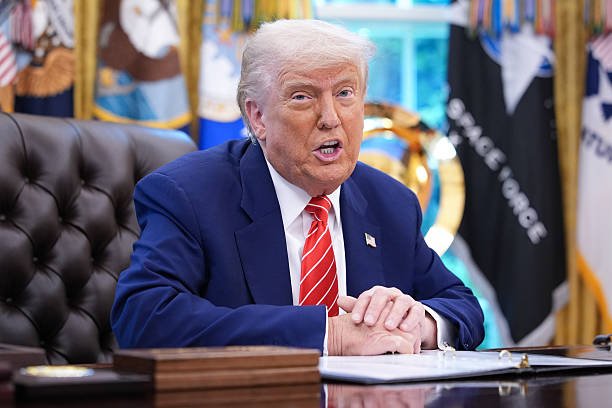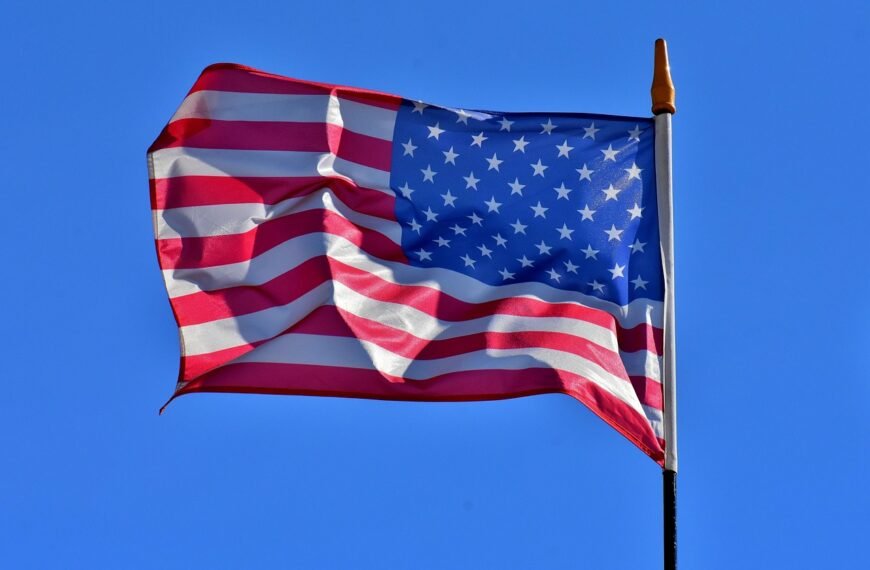The White House has announced a new set of travel restrictions under former President Donald Trump, barring entry to the U.S. for citizens of 12 countries while imposing partial limitations on seven others. The policy, framed as a national security measure, has already sparked debate, with supporters calling it necessary for safety and critics condemning it as discriminatory.
Which Countries Are Affected?
The latest proclamation fully restricts travel from Afghanistan, Myanmar, Chad, Congo-Brazzaville, Equatorial Guinea, Eritrea, Haiti, Iran, Libya, Somalia, Sudan, and Yemen. Additionally, travelers from Burundi, Cuba, Laos, Sierra Leone, Togo, Turkmenistan, and Venezuela will face partial restrictions. The ban takes effect immediately, though the administration has allowed a short grace period to avoid the airport chaos seen during the 2017 rollout.
Why Was This Ban Implemented?
The White House describes the restrictions as “common sense” protections against potential security threats. Trump pointed to a recent attack in Colorado, where an Egyptian national allegedly injured multiple people, as justification for stricter vetting. However, Egypt itself was not included in the ban, raising questions about the selection criteria—especially given Trump’s past praise for Egypt’s leadership.
Who Is Exempt from the Restrictions?
Certain groups will still be permitted entry, including athletes competing in major events like the 2026 World Cup and 2028 Olympics. Other exemptions cover Iranian religious minorities with special visas, Afghan allies holding Special Immigrant Visas, lawful U.S. permanent residents, and dual nationals from non-banned countries. The Secretary of State may also grant case-by-case waivers for individuals deemed to serve U.S. national interests.
Mixed Reactions at Home and Abroad
International responses have varied. Somalia’s ambassador expressed willingness to collaborate on security concerns while reaffirming strong bilateral ties. Venezuela, however, dismissed the ban as hypocritical, with its interior minister claiming the U.S. poses risks to all visitors, not just Venezuelans.
Domestically, Democrats and human rights organizations have been vocal in their opposition. Congresswoman Pramila Jayapal likened the policy to Trump’s earlier “Muslim ban,” warning it would damage America’s global reputation. Amnesty International USA went further, labeling the restrictions “racist and cruel,” while Human Rights First criticized them as another anti-immigrant measure.
A Repeat of 2017’s Controversial Ban?
This is not Trump’s first attempt at imposing broad travel restrictions. His 2017 order initially targeted Muslim-majority nations, earning it the “Muslim ban” label before revisions added North Korea and Venezuela. After lengthy legal battles, the Supreme Court ultimately upheld the policy. President Biden later repealed it, denouncing it as morally indefensible. Given this history, the latest ban is expected to face similar legal scrutiny.
Key Takeaways
The new restrictions reflect Trump’s continued emphasis on stringent immigration controls, though their long-term enforcement remains uncertain. While exemptions exist for specific groups, the policy has already drawn sharp criticism for its perceived bias. As legal challenges mount, the debate over balancing national security with fairness in immigration policy shows no signs of fading.






















